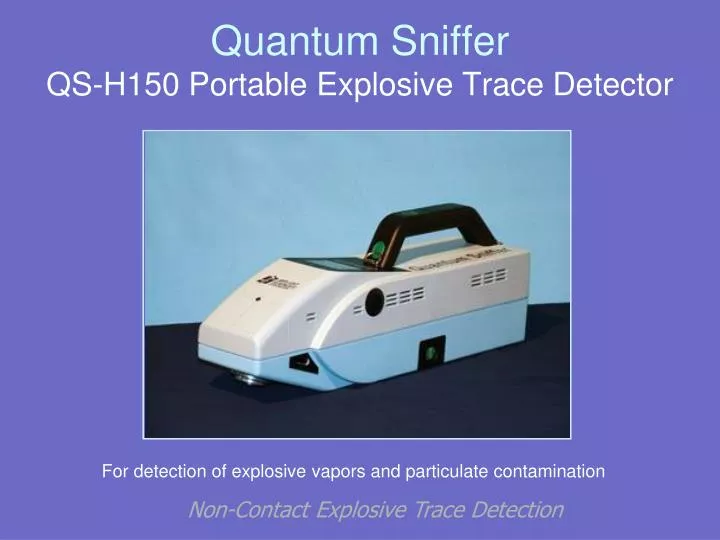

All share in common that they avoid adaptive operations. This technological hurdle has motivated the study of quantum error mitigation, resulting in a diverse collection of alternative techniques (e.g., zero-error noise extrapolation 3, 4, 5, 6, 7, 8, probabilistic error cancellation 3, 9, 10, 11, 12, 13, and virtual distillation 14, 15, 16, 17, 18, 19). In contrast, NISQ devices often cannot adaptively execute quantum operations. While quantum error correction enables in-principle means to suppress such error indefinitely, they involve measuring error syndromes and making adaptive corrections.

However, inevitable noise remains a critical roadblock for their practical use every gate has a chance of error, and their continuing accumulation will eventually destroy any potential quantum advantage. Recent advances in quantum technologies have resulted in the availability of noisy intermediate-scale quantum (NISQ) devices, promising advantages of quantum information processing by controlling tens to hundreds of qubits 1, 2. Our results provide a means to identify when a given quantum error-mitigation strategy is optimal and when there is potential room for improvement.

We use them to show (1) that the sampling overhead that ensures a certain computational accuracy for mitigating local depolarizing noise in layered circuits scales exponentially with the circuit depth for general error-mitigation protocols and (2) the optimality of probabilistic error cancellation among a wide class of strategies in mitigating the local dephasing noise on an arbitrary number of qubits. Our bounds place universal performance limits on a general error-mitigation protocol class. Here, we derive fundamental bounds concerning how error-mitigation algorithms can reduce the computation error as a function of their sampling overhead. The inevitable accumulation of errors in near-future quantum devices represents a key obstacle in delivering practical quantum advantages, motivating the development of various quantum error-mitigation methods.


 0 kommentar(er)
0 kommentar(er)
